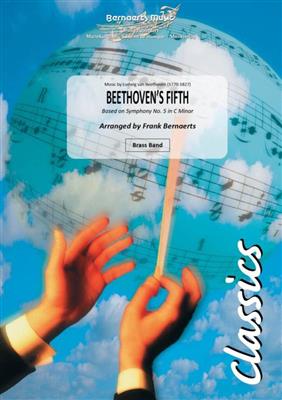We've found 94 matches for your search. Order by
Results
-
 £67.20
£67.20Beethoven's Romance - Ludwig van Beethoven
Estimated dispatch 5-14 working days
-
 £67.20
£67.20Moonlight Sonata - Ludwig van Beethoven
Estimated dispatch 5-14 working days
-
 £67.20
£67.20Beethoven's Fifth - Ludwig van Beethoven
Estimated dispatch 5-14 working days
-
£77.40
Hymne a la Joie from 9th Symphony - Ludwig van Beethoven
Estimated dispatch 5-14 working days
-
£64.50
Allegretto de la 7eme Symphonie - Ludwig van Beethoven
Estimated dispatch 5-14 working days
-
 £108.10
£108.10Adagio in C minor Op. 13 - Ludwig van Beethoven
Estimated dispatch 5-14 working days
-
 £108.10
£108.10Ode To Joy - Ludwig van Beethoven
Estimated dispatch 5-14 working days
-
 £105.10
£105.10An die Freude - Ludwig van Beethoven
Estimated dispatch 5-14 working days
-
 £105.10
£105.10Hymne a la Joie - Ludwig van Beethoven
Estimated dispatch 5-14 working days
-
 £76.00
£76.00Ode To Joy (An die Freude / Hymne a la Joie) - Ludwig van Beethoven
Estimated dispatch 5-14 working days
